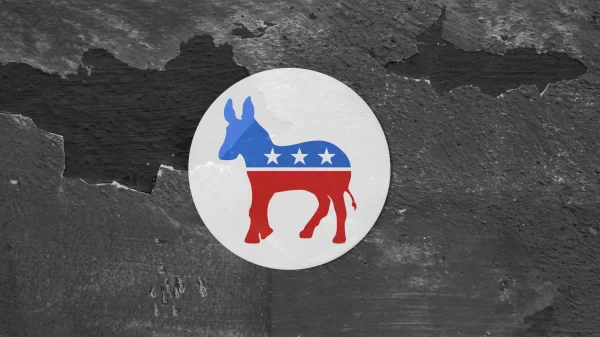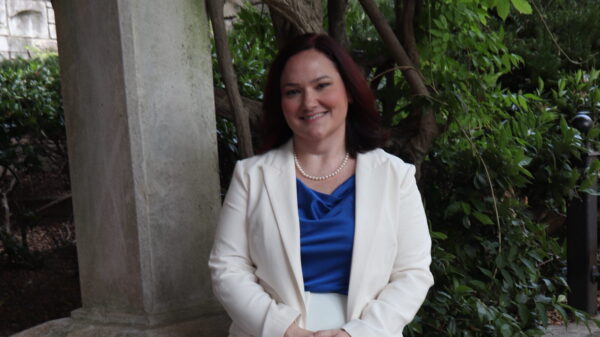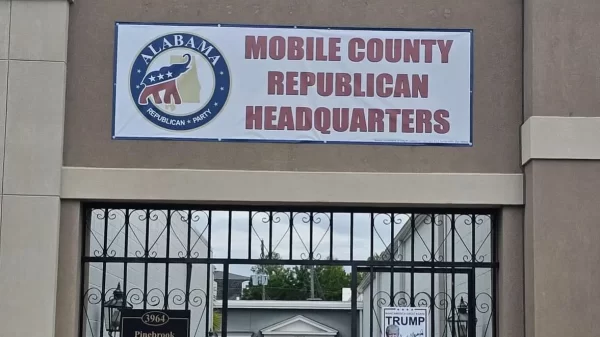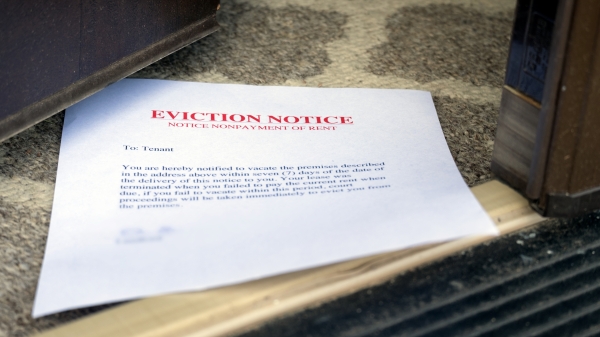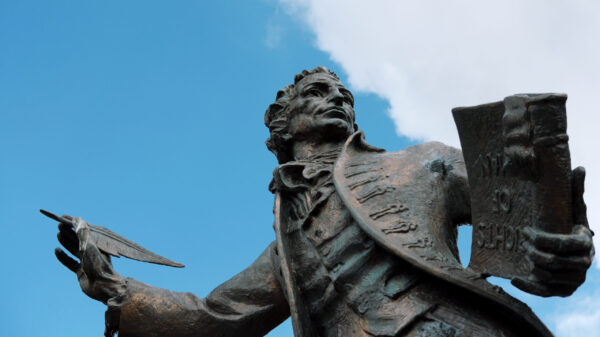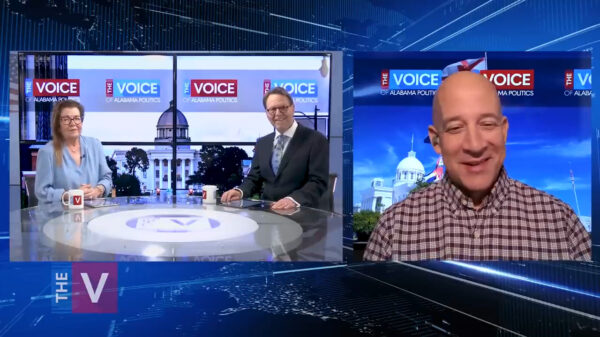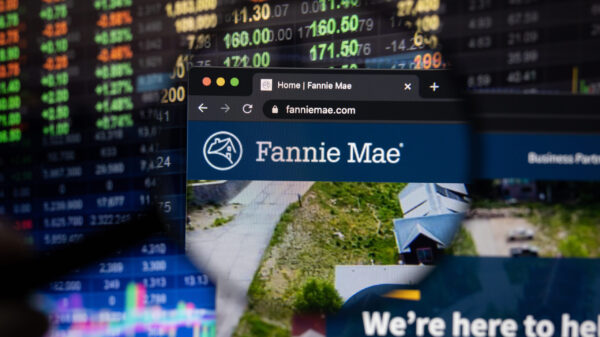By Brandon Moseley
Alabama Political Reporter
Wednesday, April 6, the Business Council of Alabama (BCA) invited the mayors of Alabama’s five largest cities to Montgomery to lobby the legislature for new revenue to fund more work on roads and bridges.
The Mayors of Birmingham, Huntsville, Mobile, Montgomery, and Tuscaloosa all asked the State legislators to provide additional revenue for roads.
The five mayors issued a joint statement: “Infrastructure is one of the top factors in the competition for jobs and investment.” “As local leaders, we recognize that there is a gap between current resources and needs. We support efforts to ensure that the state has adequate funds to address this basic responsibility of government.”
The mayors met with Alabama Governor Robert Bentley (R) along with the leadership both the Alabama House and Senate.
The delegation included Mayors: Tommy Battle of Huntsville, Mayor William Bell of Birmingham, Mayor Walt Maddox of Tuscaloosa, Mayor Sandy Stimpson of Mobile and Mayor Todd Strange of Montgomery.
Mayor Battle said, “Economic development is tied to infrastructure, and infrastructure means jobs. As mayors, it is our responsibility is to provide the essential ingredients in our cities to ensure economic success. State government has the same responsibility.”
Mayor Strange said, “The five of us represent nearly half of our state’s population, and we understand the immediate needs, challenges and ambitions of our residents on a tangible level. What our residents need right now are solutions to the infrastructure and transportation issues threatening to slow down Alabama’s economic progress and pose a safety risk to our citizens.”
Mayor Bell said, “There is a critical need for State transportation funding for infrastructure in the City of Birmingham and around the State of Alabama. Our hope is that by speaking with one voice, we make a bigger impact and have that voice heard.”
Mayor Maddox said, “Strong public infrastructure creates strong cities. Having a strong highway system which meets Alabama’s safety, mobility and economic needs must be a common cause which unites us all.”
Mayor Stimpson said, “We have neglected our infrastructure for too long as a State. Fixing our roads and bridges will make us safer, more competitive and improve the quality of life for all Alabamians.”
Business Council of Alabama (BCA) President and CEO William J. Canary said, “This is what real leadership looks like. Mayors Battle, Bell, Maddox, Stimpson and Strange are ensuring that future generations are safe on our roads and employers and employees will be able to access markets and products not only within the State but also nationally and internationally. We have enough political grandstanding these days, and it’s refreshing to see these elected leaders stand up for what’s best for their constituents.”
Canary said, “A well-supported surface transportation system is as important to manufacturing, wholesale, and retail businesses and industries for profitability and job creation as any other component of a successful business model.” “The attention that these five mayors who collectively represent almost half of the state’s total population, bring to Alabama’s transportation needs shows they are taking steps to ensure that future generations of employers and employees will be able to access markets and products not only within the State but also nationally and internationally. Today’s joint statement shows true leadership and the willingness of these mayors to stand against those who simply say NO.”
The fuel tax increase bill, House Bill 394, is sponsored by Mac McCutcheon (R-Capshaw). HB394, the Road and Bridge Funding Measure, would provide an increase in gasoline and diesel fuel excise taxes effective October 1, 2016. The amount of the increase would be determined by establishing the average of Alabama’s border state gas taxes and fees as the benchmark for our gas and diesel taxes using totals as determined by the American Petroleum Institute. The average is currently 26 cents which would result in an increase of 6 cents per gallon in diesel and gasoline effective Oct. 1, 2016 The bill provides for benchmarking the rate of Alabama’s gasoline and diesel fuel taxes into the future by maintaining the linkage between Alabama’s tax rates and those of the border states with adjustments to take place on October 1 of 2019, 2023 and 2027 unless the Alabama Legislature adopts a joint resolution prohibiting the increase from taking effect. If a future legislature did block the automatic gas tax increase HB364 would allow a county to call a public referendum on a local tax of no more than 2 cents per gallon. The bill also punishes owners of “alternative fuel” vehicles with an extra $100 for personal vehicles and $150 for commercial vehicles. The sponsors estimated that this amount represents approximately half of the annual amount of gasoline tax that would be paid by these vehicles if they utilized only petroleum products. The bill would also force counties and cities to have a public referendum if they wanted to raise their local fuel taxes in the future.
HB394 has come out of committee and could be voted on by the full House as early as Tuesday.
The Senate has also passed a measure that would use the BP oil money to do road work instead of repaying the Alabama Trust Fund, SB267. That measure will be in committee on Wednesday.

